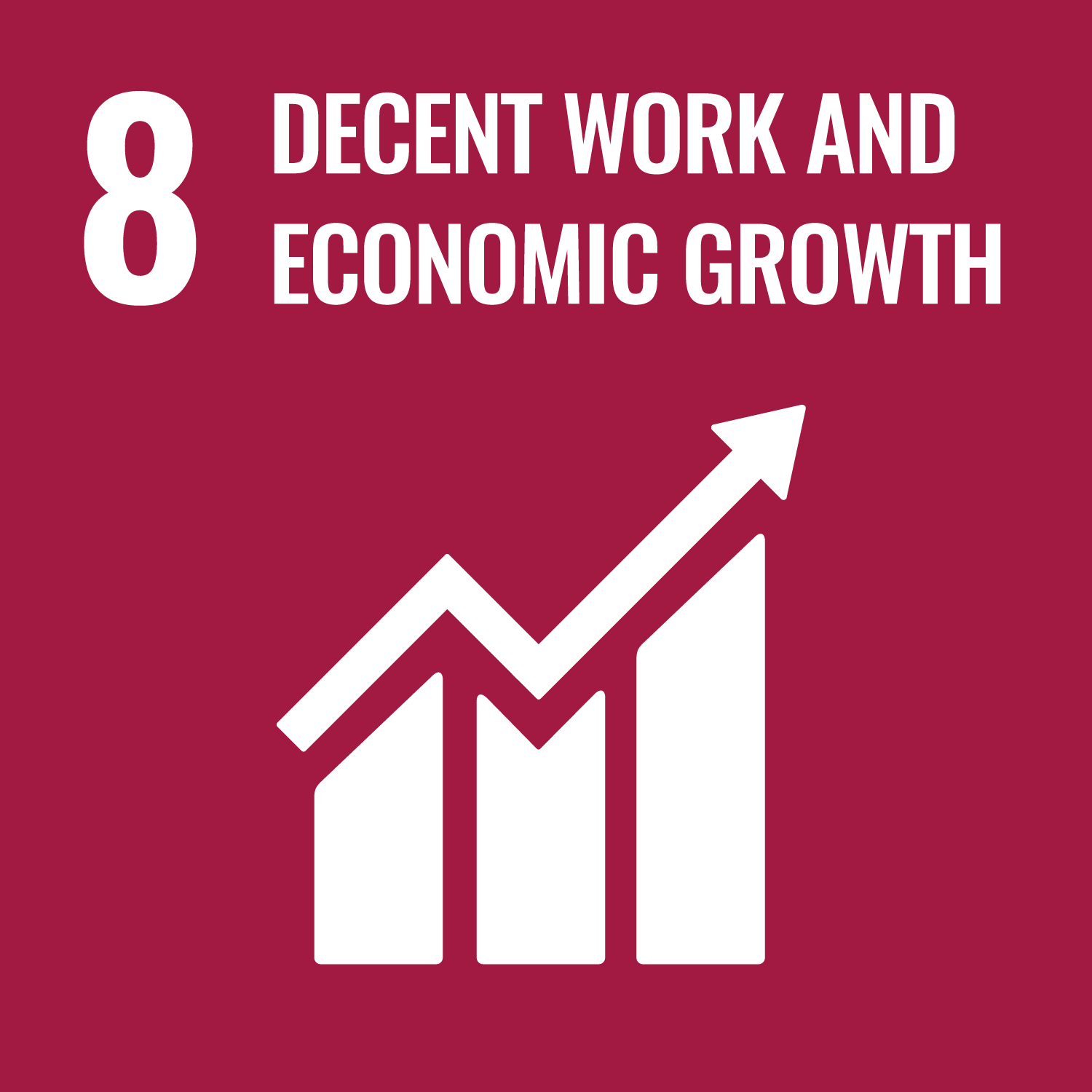Ballesteros, L and Magelssen, C
(2022)
Institutional disruptions and the philanthropy of multinational firms.
Organization Science, 33 (4).
pp. 1501-1522.
ISSN 1047-7039
![]()
Abstract
This paper studies philanthropy by multinational enterprises (MNEs) during institutional disruptions—the sudden and unexpected, temporary, and systemic breakdowns in market-oriented institutions. The central argument is that, under institutional disruptions, MNEs aim to restore factors that are essential for the market to function, such as infrastructure and labor markets, and the strength of the market restoration motive is positively associated with the economic importance of the affected country to the MNE. Analyses of donations from 2,000 MNEs headquartered in 63 countries in the aftermath of 265 major epidemics, natural disasters, and terrorist attacks affecting 129 countries suggest that the economic importance of the country to the firm strongly explains donations. Country market concentration, public aid, and the country’s regulatory quality moderate this effect. These associations are robust to a matching method; a vector of firm-, country-, and event-specific time-varying and -constant variables; and alternative motives such as reputation, altruism, media salience, market standing, and poverty-gap avoidance. They offer evidence that company philanthropy in the aftermath of institutional disruptions may deviate from predicted behavior under stable conditions. Particularly, the findings contest the expectation that philanthropy rises in market competition. Monopolistic firms are comparatively large donors and may act as an economic stop-loss mechanism during large disruptions.
More Details
| Item Type: | Article |
|---|---|
| Subject Areas: | Strategy and Entrepreneurship |
| Date Deposited: | 21 May 2021 10:47 |
| Date of first compliant deposit: | 14 May 2021 |
| Subjects: | Economic aid |
| Last Modified: | 07 Aug 2025 01:12 |
| URI: | https://lbsresearch.london.edu/id/eprint/1785 |




